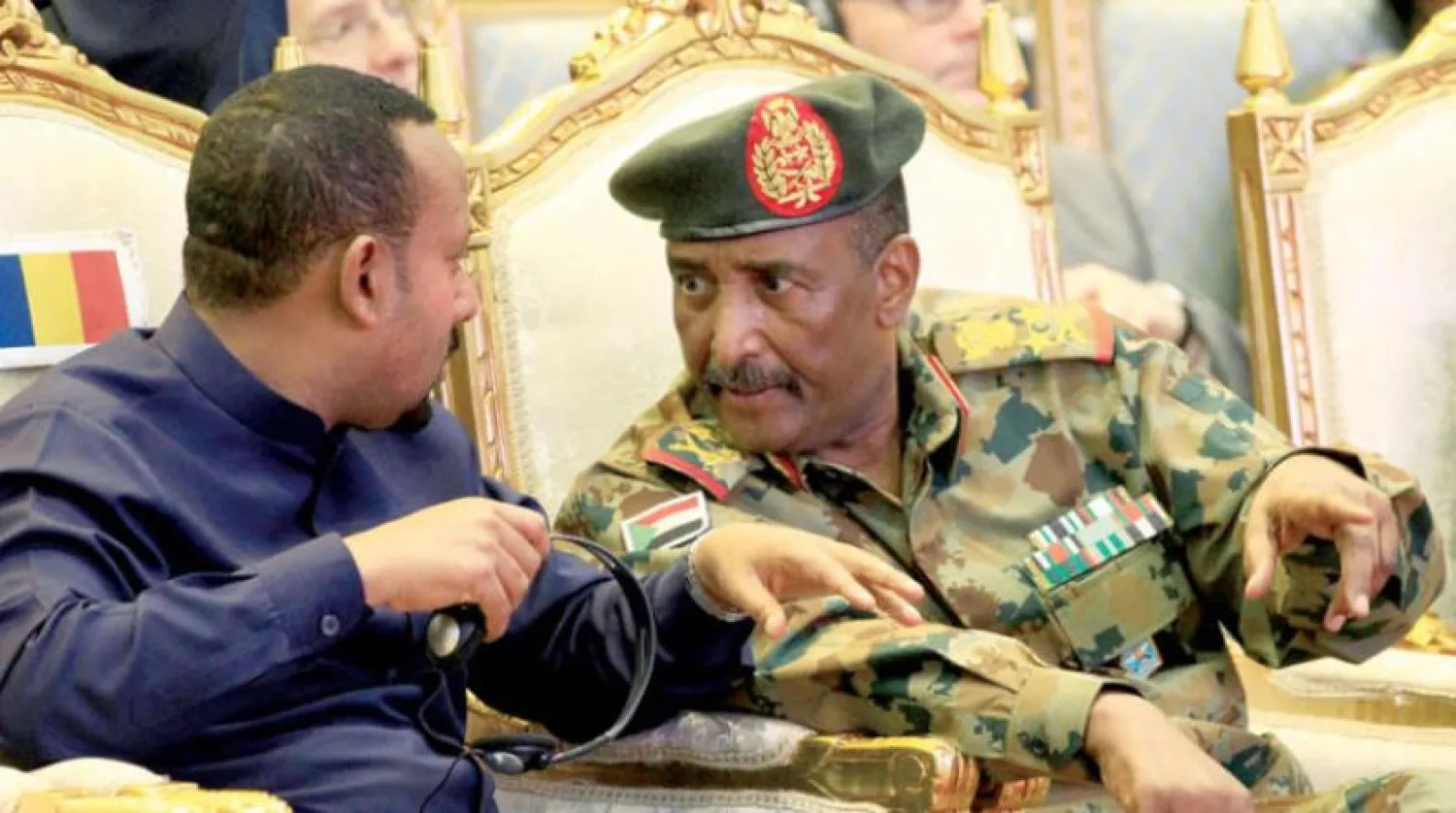Ethiopia’s ambassador to Khartoum Yibeltal Aemero Alemu said Sudan and Ethiopia reached an agreement to peacefully resolve the border dispute.
Alemu did not specify when bilateral talks on border demarcation would be launched.
“There are previous border agreements with Sudan,” he affirmed, adding that officials from both countries will refer to these agreements to demarcate the land borders and resolve the dispute.
Commenting on the current situation in Sudan, Alemu stressed that Ethiopia does not interfere in other countries’ affairs and is not biased to any party.
But he said his country is willing to mediate to bridge the rifts among the conflicting Sudanese parties upon their request.
Meanwhile, Addis Ababa announced moving forward with planning the third filling of the Grand Ethiopian Renaissance Dam (GERD), with our without an agreement with the Nile Basin countries.
It said it is ready to start negotiations on filling and operating the dam once it receives an invitation from the African Union.
Alemu reiterated his country’s position based on the Declaration of Principles signed in 2015 in Khartoum, noting that it gives Addis Ababa the right to carry on the construction process and fill the dam’s lake in line with talks.
The last round of talks between Egypt, Sudan and Ethiopia in Kinshasa ended in early April 2021 with no progress made. Ethiopia refused then to involve the quartet in GERD talks and renewed its commitment to the AU-led talks.
The Ethiopian diplomat pledged to abide by the agreements with Sudan by providing it with electricity at reduced prices, based on the common interests between the two countries.
“This is one of the benefits the mega-dam provides to Sudan,” Alemu said, stressing that Addis Ababa has always stated that the dam will allow the downstream countries to rise and develop together.
Egypt and 10 other downstream countries share the Nile basin, yet more than 85 percent of its share comes from the Blue Nile tributary in Ethiopia.
For nearly a decade, the African Union-sponsored talks between Cairo, Addis Ababa and Khartoum over its operation and filling have faltered
Cairo and Khartoum demand that the three countries reach a legally binding agreement to fill and operate the dam.









